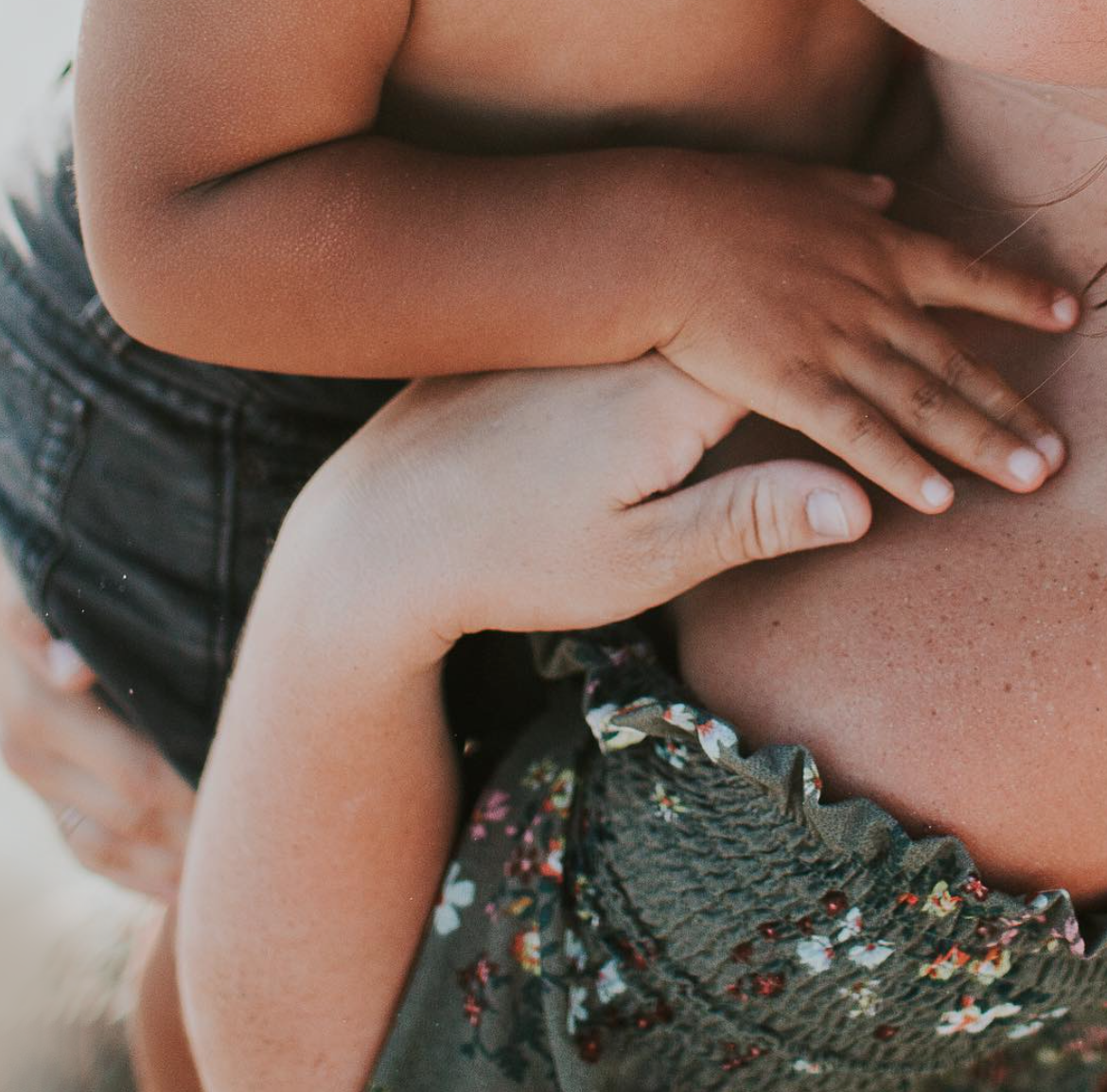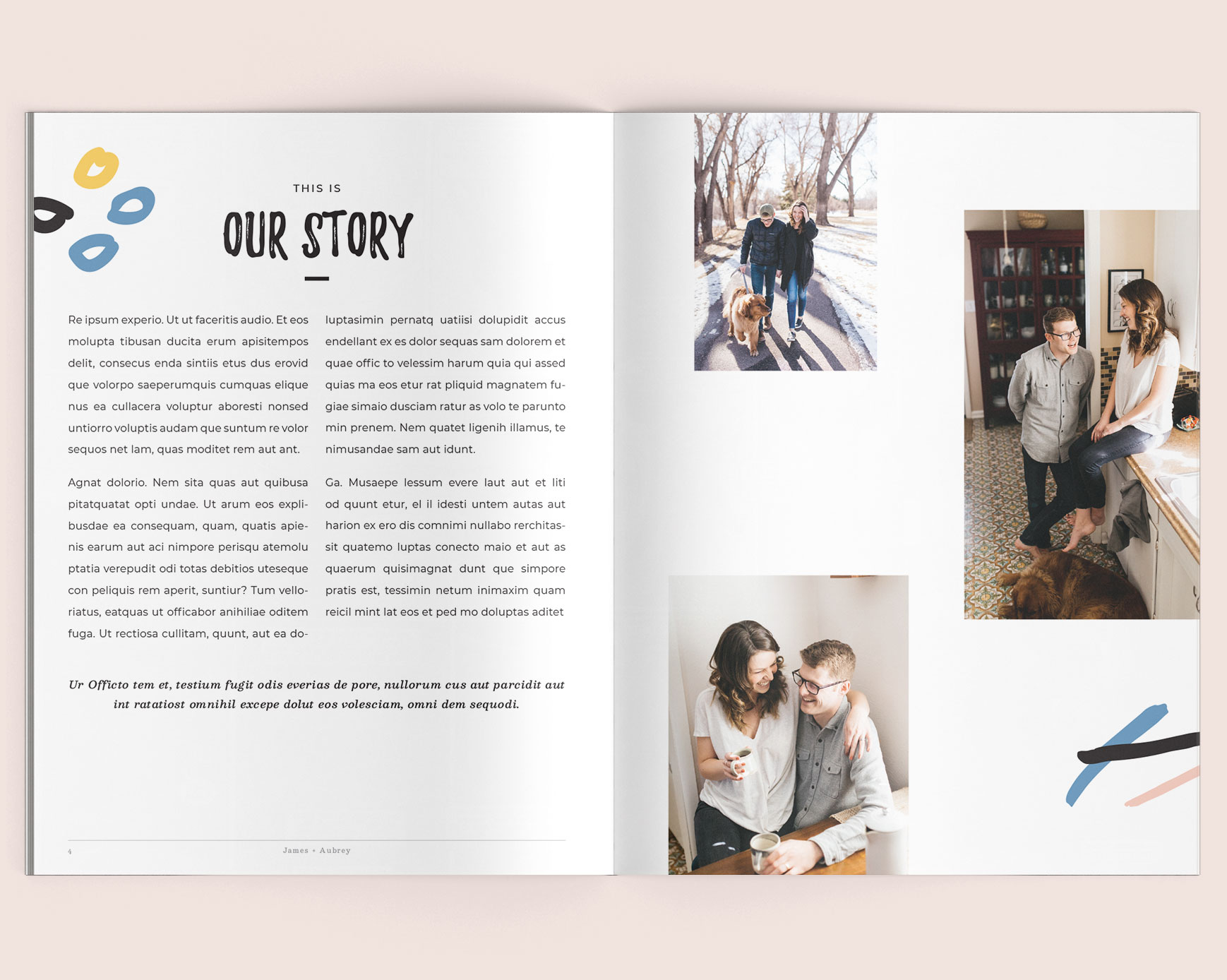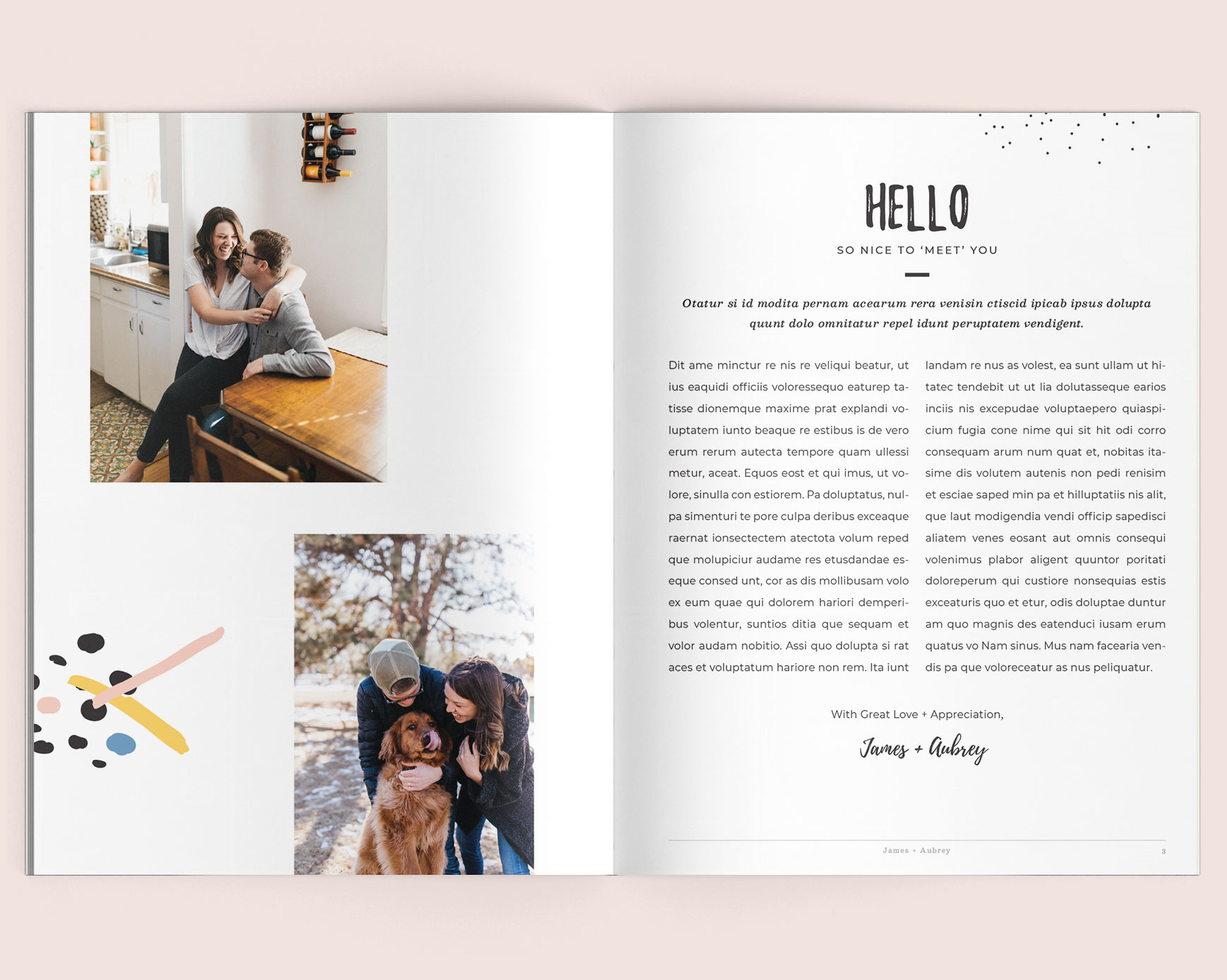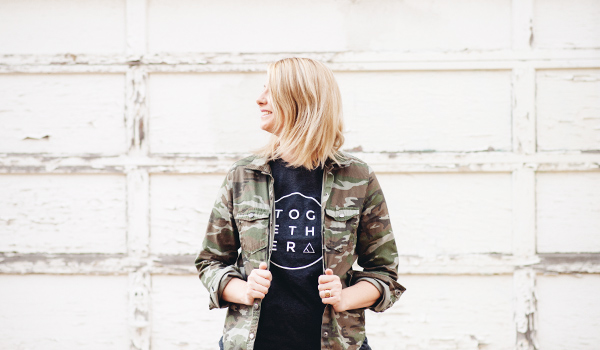For approximately one month and some change, I have been an adoptive parent in an open adoption, so you should definitely consider the following post as one that is fully professional, well-rounded, and loaded with the wisdom from the ages.
I joke.
BUT, I think there is something beautiful about being transparent as we are in progress, because none of us have fully arrived. I may not have any official “expertise” as far as open adoption goes, but I do have my daily experiences and I do know that some big truths are already hitting me hard.
We have a completely closed adoption, not by our choice, with our son’s biological family. Up until a little over a month ago, my only knowledge of open adoption was secondhand, and I was thankful for those bringing this topic to the table so I could at least grasp some general concepts and perspectives that we could take into our relationship with our daughter’s birth family. That said, most of the concepts and perspectives I took away could be summed up by this one thought:
It’s almost impossible to have a realistic expectation of what any given open adoption will look like, and so the best way to prepare is to have an open mind and a willingness to adapt as needed.
Here are some fundamental truths I’ve been learning in my very brief time as the adoptive mom in an open adoption:
There will be very few people outside of adoption circles that I will be able to talk to about open adoption. The term “open adoption” to outsiders is translated more often than not as some weird form of co-parenting, and we know that this isn’t an accurate translation by any stretch of the imagination. The phrase also invokes a sense of panic when the people you are speaking to do not understand the legality of adoption and then you’ll find yourself in a vortex of dialogue about the legal side of placement, finalization, etc, rather than on the concept of open adoption itself. I know I can’t be the only one who has been here! I learned quickly not to mention it or to reroute conversations headed in the direction of open adoption with people I know will not understand without hours of debriefing. That leads me to number two:
1.There will be very few people outside of adoption circles that I will be able to talk to about open adoption. The term “open adoption” to outsiders is translated more often than not as some weird form of co-parenting, and we know that this isn’t an accurate translation by any stretch of the imagination. The phrase also invokes a sense of panic when the people you are speaking to do not understand the legality of adoption and then you’ll find yourself in a vortex of dialogue about the legal side of placement, finalization, etc, rather than on the concept of open adoption itself. I know I can’t be the only one who has been here! I learned quickly not to mention it or to reroute conversations headed in the direction of open adoption with people I know will not understand without hours of debriefing. That leads me to number two:
2. It is not my job to educate anyone and everyone about the who, what, when, where, and why of our open adoption.
For me personally, it’s been a good idea to release myself from undue pressure to use every single conversation or post about this topic as a chance to educate, defend, and advocate for open adoption. There’s a time and a place and it’s okay to decipher an appropriate time to discuss. This includes with close friends and family! We are all more than what is happening inside of our adoptions. It doesn’t matter what side of the triad you’re on: we should never feel pressured into delving into our stories for the sake of educational purposes. While advocacy is an important part of all of our lives, we have to find the balance.
3. No open adoption is created equal.
This may seem simple, but it’s an important truth that can’t be overlooked. Why? Because even within adoption communities, we have the tendency (on the adoptee, adoptive, and birth parent sides) to project our own experiences onto the experiences of others, and that’s not fair to anyone. What IS fair is to share what we’re comfortable with and allow space and room to hear, digest, and learn from other perspectives. Just as every individual is different, every family is different, and with open adoption we’re not only dealing with average differences, but the incredibly complex dynamics of multiple families converging through super heavy life circumstances. Think about it: trauma, grief, infertility, loss, brokenness, financial strain, hope, abuse, joy, tragedy; these often coincide all together from all points of the triad in one single adoption. It’s going to be hard. The foundations of these relationships are like nothing else in life. The challenge is not allowing the differences between our adoptions peg us against each other. None of us, from adoption to adoption or from one corner of the triangle to the others, will be able to fully know the roads we each walk. Being quick to listen and slow to speak lends itself well to creating a more empathetic environment.
4. An ideal open adoption will center around what is objectively best for the child.
This concept might be the hardest to wrestle with. Because true objectivity within the adoption triad is almost impossible to achieve. We can read studies, go to seminars, soak in all the knowledge about open adoption in the land, but none of it will be able to tell us what the most objectively healthy scenario is for any given child. As humans we tend to gravitate towards the experiences that evoke the least amount of emotional turmoil and pain. The issue with this concept in adoption is that what hurts one side typically doesn’t hurt the other, and vice versa. Someone is always hurting, and in the world of adoption the adoptive parents are the privileged ones with the least amount of pain. It’s also insanely difficult to explore the expectations and boundaries of an open adoption before an adoptee can effectively process and give voice to their needs. My only advice here is to continually bring this truth to the forefront, keeping it as the centerpiece of our relationships with one another.
5. You’re going to make mistakes.
More than once. More than twice. I know many people who have told me they couldn’t be open to an open adoption situation because they’d be too scared to screw up. There is going to be this fear on all sides, I’m positive of it. But I also know that through the mistakes we learn and grow to become better and stronger together. Relationships within an open adoption are always going to be more tender than our day to day relationships with friends, family, and acquaintances. The majority of the time, these scenarios involve big huge emotions, trauma, and layers upon layers of complication. Things do feel heightened and even little mistakes can feel like a big deal. Moving forward is key. Perfection cannot and should not be the standard in our hearts and minds.
I don’t know a lot, but I do know that pressing into these hard places has the potential to produce fruit for all sides. When you think about it, these relationships will always be born out of places of pain, so it’s only right that we approach them with a heightened level of intentionality and effort. What is one positive thing you’ve learned through your open adoption, if you have one?










